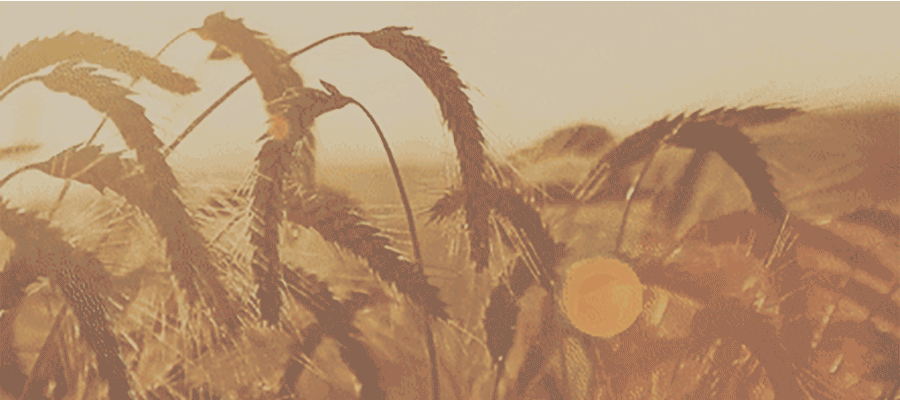
e listens as his hands search through the dark. There’re grains caught between his toes and his sandals, so he takes them off and shoves them aside; with his bare feet, he can feel the boards better, can crouch and crawl better. This isn’t, he thinks, the floor of the wagon. A wall has become the floor, and the floor has become the ceiling.
Anfe gave it to him. The smile on his face hurts; if he could see it, he’s not sure it’d be a smile. It’s more of a twist, a tightening of the muscles. He blinks, and a tear spatters against the back of his hand.
Kafo pez Halef, he thinks. Now it makes sense, the look on Anfe’s broad, scarred-up face. All the rest of it makes sense, too.
I like it, comes Kafo’s soft voice.
He squeezes his eyes shut, holding still. He sniffs in deep. He’s not sure why it aches so. When he opens his eyes, it’s still dark, and a few more tears stream down his cheeks.
Ada’na Ipiwo’s breath is louder and louder. There’s another snort, a catch. The smell of blood’s not so strong further from Kafo – so he hopes – but still the back of his neck prickles as her field laps round him. He pats a drift of sand on the boards, then more rough wood, then what feels like a hard leather shell. It’s not roped down; it must be the one that slipped out.
Kafo has been silent. He’s said nothing himself; he’s barely processing – numb mind, senses all too-sharp in the dark – but then the voice comes again: Ah nah to leh, vaw ke lin. He pauses, feeling his way round the loose case.
“My – tser’úxiraw,” he repeats first. The word on the lips of a natt rattles him; something in it seems tsuter wrong. Natt don’t go in Thul’amat, much less Ire’dzosat. An arata would never – the realization washes over him slowly, and he rocks back on his heels, crouching silent for a moment.
He realizes his mouth is open and he’s holding his breath. He shuts it; he continues moving, and his mind lurches back into motion. “No,” he says simply. It’s easier than any of the questions. “Anatole is the name of the one that came before me. I don’t – like it,” he admits.
He stops himself before more can come spilling out. But then, he’s not sure why he must stop himself. There’s ada’na, but anything she hears, she’ll put down to a laoso dream. If, he thinks, she wakes up.
Cooke, he wants to say. Thomas. Tom. That’s my name. Kafo has been so honest. “I don’t know if I have a right to my old name. Sometimes I think Anatole is one of my names – the way Nkemi says it, anyway.” He reaches out and feels rope. It’s pulled taut against more boxes. He inches along the luggage with his hands, waddling on aching haunches. His bruise smarts.
Then he’s a fistful of soft leather, and he’s grinning. Nothing’s fallen out. He unties, unbuckles, opens the bag and rustles round among his grimoire and his chalk case, gets out the bottle wrapped tight in the spare amel’iwe, the smaller bag with its bandages and tape. Then he finds the matchbox, and nearly cries.
When one hisses to life, throwing wavering dim light over the wagon, he hears Kafo yell. He blinks, and looks once before he looks away: at the other end, down a slight slope, Kafo is a tangle of dark limbs and white fabric, face covered with his hands. Behind him, there’s – sand.
He fights down a surge of panic, looking down and away.
“Ep’ama,” he murmurs, “I should’ve warned you.” He tries to keep the panic out of his voice; he finds it even, after all.
He finds a gas lantern by the coppery glint of the handle, lying on its side near the case. There’s a crack shot up through the glass, but only a crack. Careful-like, he lights the wick; more light shivers over the inside of the wagon now, softer yellow light, but the crack’s shadow is a scar stretched over the wall. He puts out the match.
He goes to ada’na Ipiwo first, who’s lying on her side near the luggage. No blood is slick on her head, on her hands; she snorts and makes small noises with her throat, but he can’t see that anything’s broken. Must’ve hit her head, he thinks.
He rises on shaky legs and walks back to Kafo, this time, feeling along the wall-floor with his fingertips. He doesn’t take the lantern too close, just close enough to see him well by; he sets it nearby. When he comes within four steps of Kafo, he pauses, then continues more slowly.
Kafo has been looking at him through squinting eyes, his long neck craned. He tries to smile at the other man, for all the first sight of him sent shivers through him.
It hurts, he thinks. When you bleed, it hurts as much as when I bleed. If you told Anfe, would he understand that it’s still you? That you’re still a man who hurts and bleeds, who moves with another man’s touch, who thinks and feels, that you’re still Kafo?
A man I love did, he thinks, but not all men are like him. He looks at him. His fingers are covered in glistening dark, and his face is smeared with it. It’s hard to tell with the shadows, but it looks like it’s coming from a gash on his head. There’s something uneven about the rise and fall of his chest, but he’s no living conversationalist, and nor is he a sawbones; if it doesn’t bleed, there’s nothing he can do for it.
“I need to come closer, Kafo,” he says, “and touch you. It’s going to hurt, even just cleaning it with water. Tell me when you’re ready.”
He edges closer on his knees, unwrapping the bottle of whisky. Anxiety worms in his chest, chewing at his heart. “I have a lot of names already,” he goes on, “but there’s one – someone dear to me gave it to me.”
He takes the canteen from his belt and opens it, tipping out some water onto the scarf.
“Risha.” This smile hurts, too. There’s no need, he thinks, to explain the name, not to one like him. “I like it,” he adds, blinking wet away from his lashes. “It’s a secret. It’s my name.”
He raises the wet cloth, but he then waits, lowering his eyes to Kafo’s. He raises his brows.







